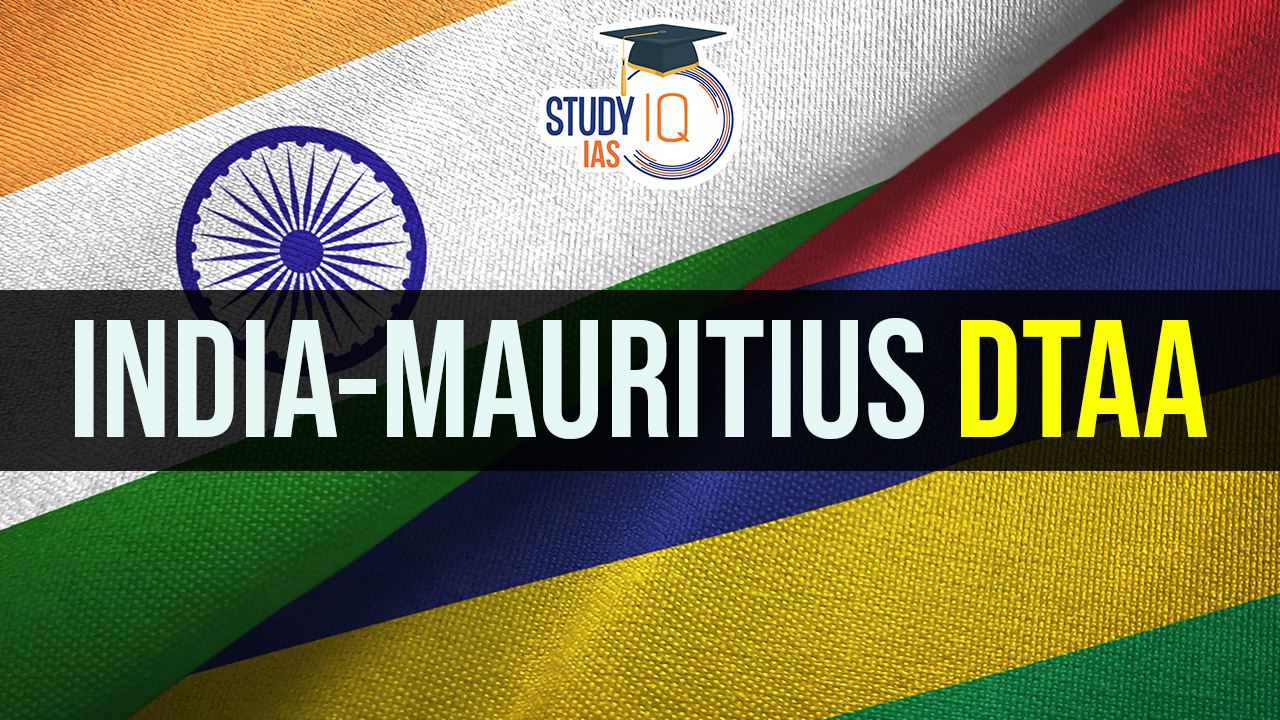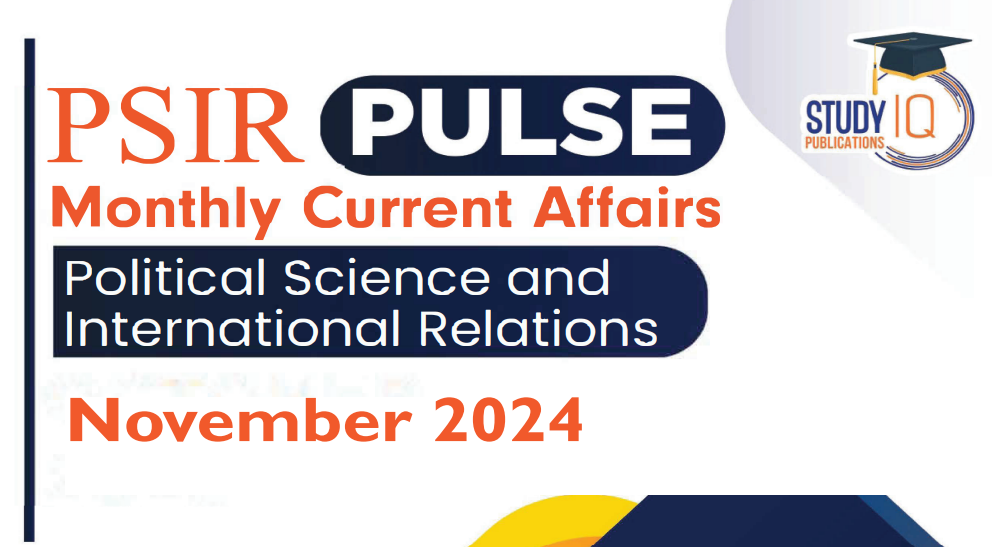Table of Contents
Context
- India has signed a protocol amending the Double Taxation Avoidance Agreement (DTAA) with Mauritius to plug treaty abuse for tax evasion or avoidance.
- The India-Mauritius Tax Treaty Amendment includes the introduction of the Principal Purpose Test (PPT) in Article 27B, which denies tax benefits if the main purpose of a transaction is to obtain such benefits.
| Principal Purpose Test (PPT) |
|
India-Mauritius Tax Treaty Amendment
- Historical Context and Impact: Mauritius has been a favoured route for investments into India due to the non-taxability of capital gains from the sale of shares in Indian companies until 2016.
- The last treaty amendment before this one was in May 2016, which granted rights to India to tax capital gains from shares and provided a transition phase for investments made until March 31, 2017.
- Current FPI Investment Statistics: As of March 2024, FPI investment from Mauritius in India was Rs 4.19 lakh crore, representing 6% of India’s total FPI investment of Rs 69.54 lakh crore.
- For comparison, at the end of March 2023, FPI investment from Mauritius was Rs 3.25 lakh crore out of a total of Rs 48.71 lakh crore.
- Revised Treaty Preamble: The treaty’s preamble has been updated to reflect a focus on eliminating double taxation and preventing tax evasion, including treaty shopping that benefits residents of third jurisdictions (where entities or individuals try to take advantage of more favourable tax treaties between countries that they do not reside in).
- Impact on Investment Structures: The amendment influences both inbound and outbound investment structures through Mauritius, requiring them to comply with the Multilateral Convention to Implement Tax Treaty-Related Measures to Prevent Base Erosion and Profit Shifting (BEPS MLI).
- Global Tax Initiatives: India’s alignment with global efforts against treaty abuse is part of broader international movements, such as the OECD’s introduction of the Pillar Two rules under the BEPS framework, which include a global minimum corporate tax rate of 15%.
About Double Taxation Avoidance Agreement (DTAA)
| Aspect | Details |
| Definition | DTAA is a bilateral agreement between two countries aiming to prevent International Double Taxation. It establishes the tax rates and jurisdictions for certain income types originating from one country and received in another. |
| Coverage | Typically covers income types like business profits, dividends, interest, and royalties. |
| Purpose | Allocates taxing rights to the two countries to prevent double taxation. |
| Benefits |
|
Countries with DTAA Treaty with India
India has DTAA treaties with 85 countries, each having its unique TDS rate on interest. Some of these countries include Armenia (10%), Australia (15%), Austria (10%), Bangladesh (10%), Belarus (10%), and so forth.


 Coconut Oil Taxation in India
Coconut Oil Taxation in India
 Pariksha pe Charcha 2025, Overview, Even...
Pariksha pe Charcha 2025, Overview, Even...
 National Policy on Framework on Agricult...
National Policy on Framework on Agricult...




















